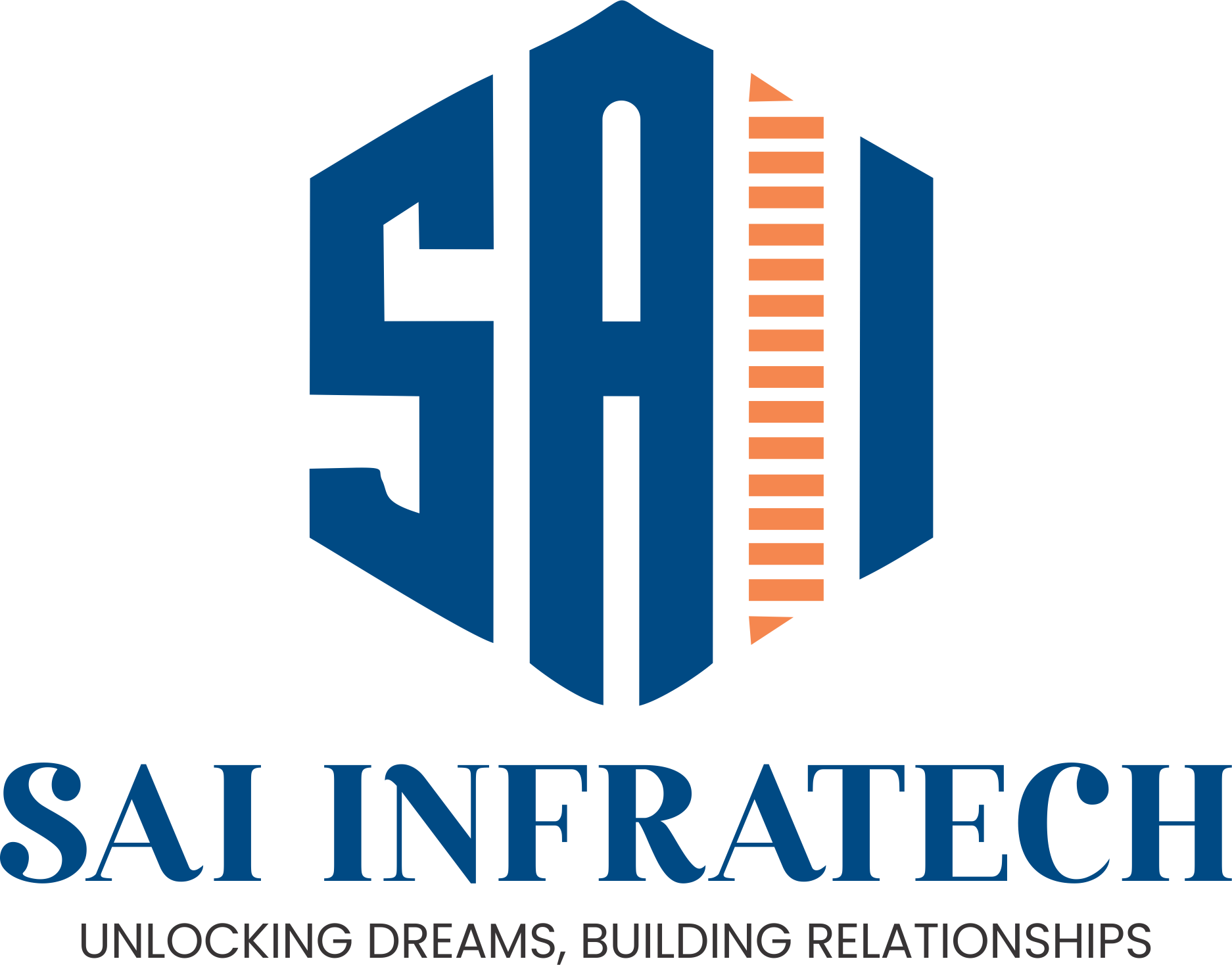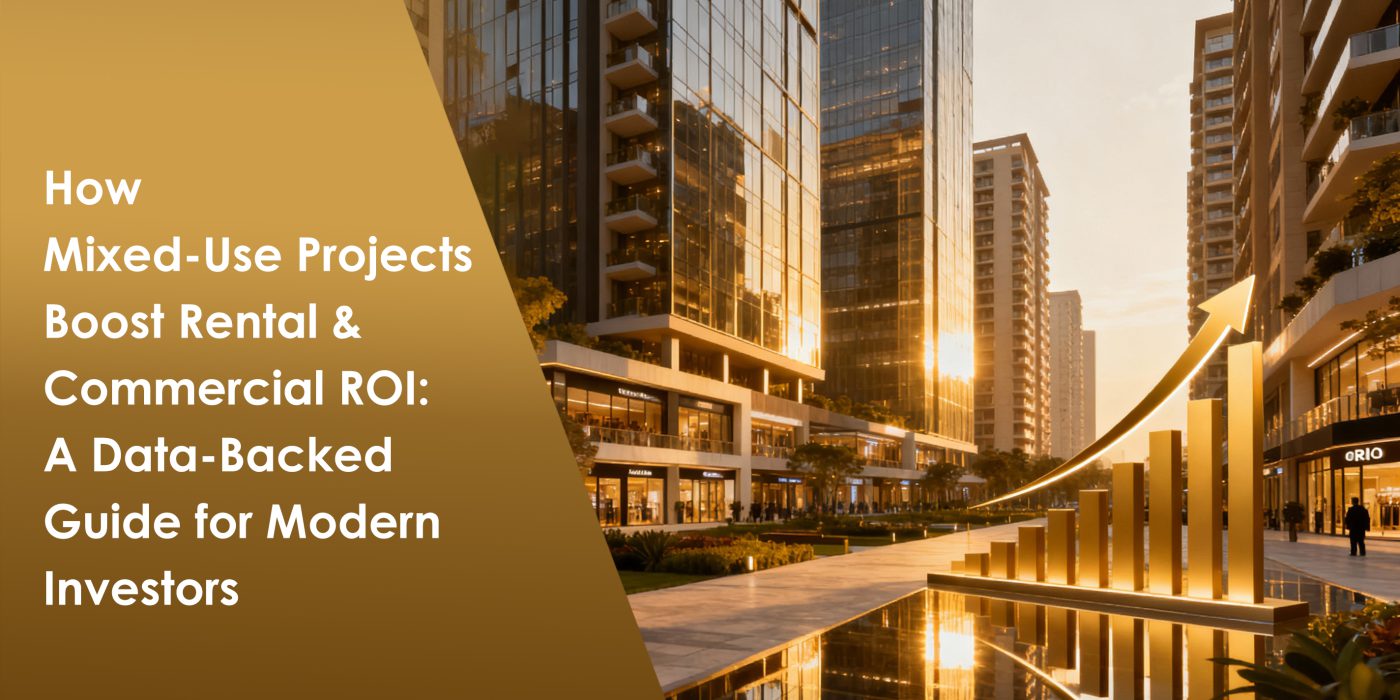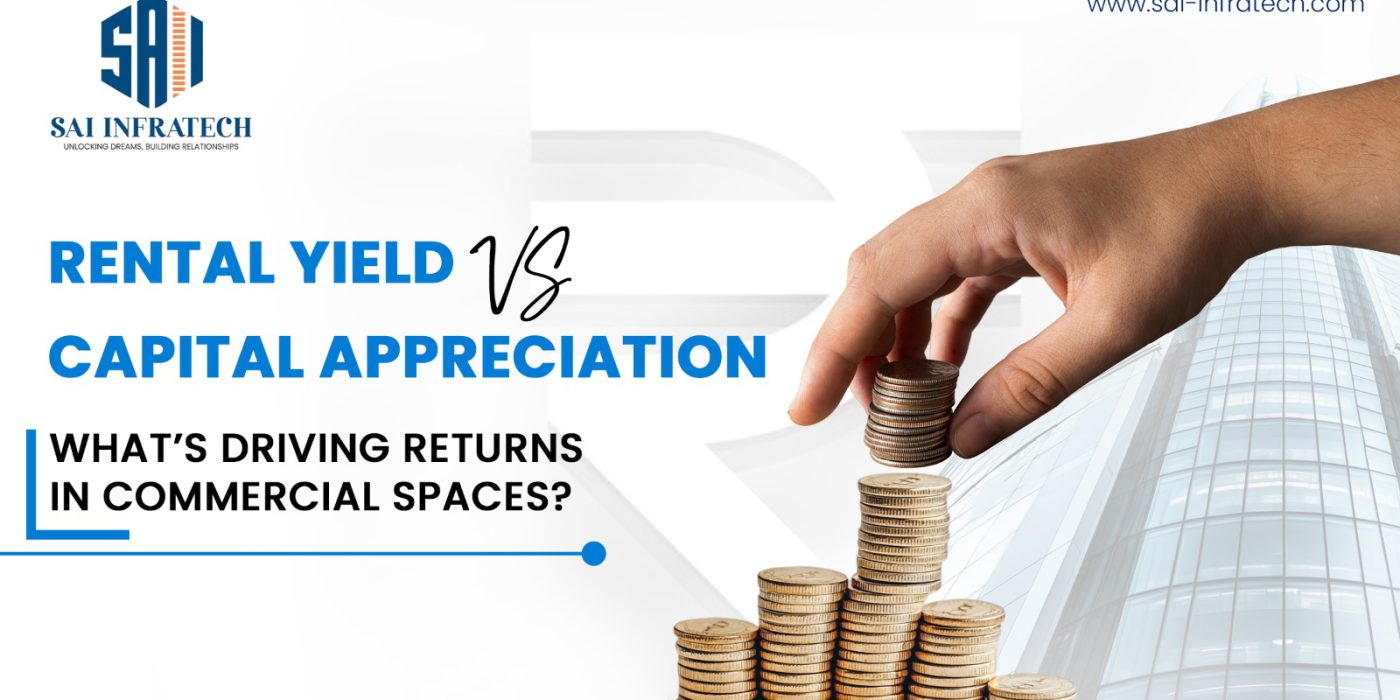How Mixed-Use Projects Boost Rental & Commercial ROI: A Data-Backed Guide for Modern Investors
Introduction: Why Mixed-Use Projects Are Winning the Market
India’s real estate landscape is shifting rapidly, and mixed-use developments are now at the center of investor interest. These integrated communities combine retail, commercial, residential, food & entertainment zones—making them high-performance assets with diversified income streams.
According to industry reports, mixed-use properties deliver 8–12% higher rental yields compared to standalone buildings, primarily due to superior footfall, better tenant mix, and round-the-clock activity.
For cities like Jaipur, where infrastructure expansion and population influx are accelerating, mixed-use projects offer unmatched value to both investors and commercial tenants.
1.What Makes Mixed-Use Projects More Profitable?
Multiple Income Streams = Higher Overall ROI
Mixed-use developments generate revenue from:
- Retail shops
- Showrooms
- Office spaces
- Studio apartments (rental income)
- Food courts
- Entertainment zones
- Co-working spaces
This diversification reduces risk and creates consistent, multi-source ROI even during market fluctuations.
2. Footfall Advantage: The Biggest Booster of Retail ROI
Retail tenants thrive where people visit frequently.
Mixed-use projects naturally create a constant flow of:
- Residents
- Office employees
- Visitors
- Shoppers
- Food court customers
- Entertainment seekers
This results in 20–40% higher daily footfall, directly boosting retail conversions and helping shop owners achieve faster business stabilization.
3. Higher Rental Demand from Multiple User Groups
Mixed-use projects attract:
- Working professionals
- NRIs looking for premium stays
- Students
- Entrepreneurs
- Corporate teams
- Retail brands
- Café chains
- Boutique offices
This broad tenant base creates faster leasing, lower vacancy rates, and premium rents.
4. Stronger Capital Appreciation Compared to Standalone Properties
Data shows mixed-use developments appreciate 15–25% faster, especially when located near:
- Metro routes
- IT hubs
- Universities
- Premium residential clusters
- Commercial belts
Because they deliver more convenience and functionality, the demand remains consistently high.
5. A Complete Lifestyle Ecosystem = Modern Tenant Magnet
Today’s tenants want everything within minutes:
- Shopping
- Food & cafés
- Fitness
- Entertainment
- Work
- Living spaces
Mixed-use properties offer this lifestyle under one roof, making them future-proof investments—especially in urban markets like Jaipur.
Case Study: Sai Infratech’s High-ROI Mixed-Use Developments in Jaipur
* VIRAT NRI AVENUE, JAGATPURA
A flagship mixed-use destination by Virat Group
Project Components:
✔ Retail Shops
✔ Showrooms
✔ Office Floors
✔ Premium Studio Apartments
✔ Food Court
✔ Gaming Zone (Entertainment Arena)
Why It Delivers Strong ROI:
- Located in Jagatpura, one of Jaipur’s fastest-growing micro-markets
- Surrounded by universities, hostels, hospitals, high-rise societies
- Daily footfall drivers: students, families, office-goers
- High rental potential for retail + studios
- Ideal for investors seeking double-income opportunities (commercial + residential leasing)
Investor Advantage:
- Retail & food spaces offer high-turnover potential
- Studio apartments provide stable monthly rent from working professionals & NRIs
- Offices attract steady long-term tenants
Entertainment zones ensure constant footfall for the entire property
* CITY HOME RESIDENCY, VAISHALI NAGAR (LUXURY STUDIO APARTMENTS)
Luxury living curated by City Home Group
Why It Stands Out:
✔ Ready-to-shift loft-style studio apartments
✔ Located in Gandhi Path West, Vaishali Nagar
✔ High demand from bachelors, IT employees, corporate travelers
✔ Modern amenities + hotel-style living
✔ Excellent rental performance in a premium residential corridor
Investor Advantage:
- Studio apartments in Vaishali Nagar achieve 6%–9% rental yield
- High occupancy throughout the year due to the area’s lifestyle appeal
- Ideal for Airbnb, long-term stays & corporate leasing
6.Operational Efficiency & Lower Leasing Vacancies
Mixed-use projects ensure:
- Multi-category tenants
- Cross-category customer flow
- Lower risk of empty units
- Higher leasing speed
- Long-standing tenant retention
This naturally improves investor returns while stabilizing long-term income generation.
7. Brand Visibility & Business Growth for Commercial Tenants
Retailers & showroom owners benefit from:
- Front-facing visibility
- High-footfall corridors
- Proximity to residential customers
- Pre-establish customer base
- Evening & weekend crowds from entertainment zones
This helps businesses achieve faster break-even and higher daily sales, making mixed-use properties the preferred choice for brands.
Conclusion: Why Mixed-Use Properties Are the Smartest Investment in 2025 & Beyond
Mixed-use developments deliver:
- Higher rental yield
- Faster appreciation
- Stronger footfall
- Diversified income
- Lower risk
- Better tenant retention
For investors looking to secure stable, long-term, profitable assets—mixed-use projects like Sai Infratech’s Virat NRI Avenue and City Home Residency stand as top opportunities in Jaipur’s expanding real estate market.
* Looking for High-ROI Mixed-Use Investments?
Visit Sai Infratech to explore commercial spaces, studio apartments, retail units, and investor packages across Jaipur’s fastest-growing locations.





 Rental Yield: The Cash Flow Champion
Rental Yield: The Cash Flow Champion Contact us through or website –
Contact us through or website – 
